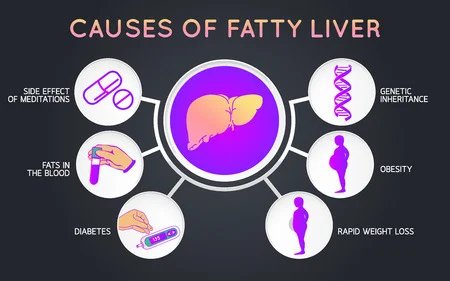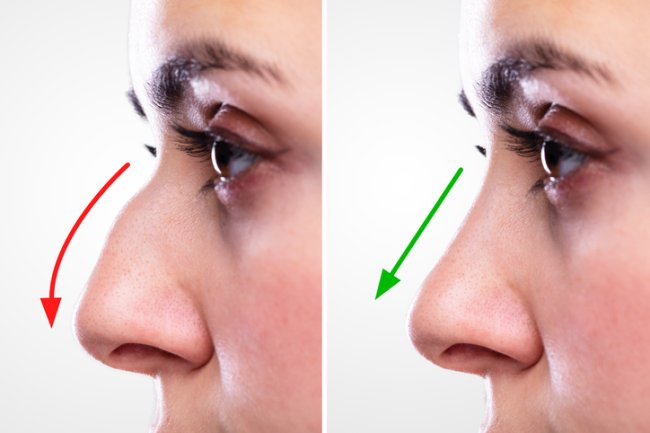5 Reasons to Consider Being at risk for developing liver Disease
Human livers are an amazing organ. Everyday, it produces the bile, converts the nutrients in your diet, eliminates the blood of toxins and breaks down fats, medication and alcohol, manages the levels of hormones and blood sugar as well as stores iron and more...

Human livers are an amazing organ. Everyday, it produces the bile, converts the nutrients in your diet, eliminates the blood of toxins and breaks down fats, medication and alcohol, manages the levels of hormones and blood sugar as well as stores iron and more...
Doctor. Saleh Alqahtani, director of research into the clinical liver at Johns Hopkins Medicine, notes that it is important to not wait until symptoms begin to manifest before you begin to look into the possibility of liver disease.
"You do not want to be yellow from jaundice or experience discomfort in your upper abdomen since these are indications that you're liver has already become in a state of distress," says Dr. Alqahtani. "It is much better to treat the liver problem before it gets too severe." Below are the most important five risk factors to the development of liver disease.
Exposure to Toxins
Although the liver's job is removing out blood borne toxins however, exposure to toxins too often could be dangerous. Check the labels of substances you're using around the home. Wash the fruits and vegetables prior to consumption to ensure you're not eating pesticides.
Another step: Buy clean fruits and greens. Johns Hopkins nutrition specialists recommend studying the use of pesticides in the production of food.
Substances that are harmful
The fact that a supplement is identified as "natural" does not mean it's healthy for you. In fact, several herbal remedies and supplements are associated with liver damage. "Twenty percent of liver injuries within the U.S. is caused by herbs," says Dr. Alqahtani. If you take more than one medication or herb that affects the liver can exacerbate the problem. Discuss with your physician each supplement and medication you use, including occasionally or with over-the counter remedies.
Another step: Check for yourself. Browse for the LiverTox(r) database for a list of drugs, herbal remedies and supplements that are known to be a source of harm to the liver.
Too Much Alcohol
Alcoholic fatty liver, that causes inflammation of the liver (alcoholic liver hepatitis) and eventual the formation of scars (cirrhosis) and liver cancer and even liver cancer, can begin as early as four drinks per day for men and two drinks per day for women. At the point you start to exhibit signs, your liver could be irreparably damaged. The good news is that those who stop drinking alcohol at the stage of fatty liver could notice their condition changing.
An additional step It's your responsibility to determine if you are drinking alcohol that is causing damage to your liver? An easy blood test will give you the answer.
Overweight, Diabetes or High Cholesterol
These diseases can lead to nonalcoholic fatty liver disease which can lead to liver cancer and cirrhosis. "Fatty liver disease can be the fastest-growing reason for needing an organ transplant," says Dr. Alqahtani. Similar to alcohol-related fat liver, it is able to be reversed in the "fatty" stage by cutting out simple carbohydrates such as sugar and bread and eating more vegetables, fruits and protein. Another tip is to drink lots of coffee.
A more step: Do you struggle with obesity? Don't give up, you're not the only one. Learn more about the treatment for obesity in The Johns Hopkins Health Library.
The history of Liver Disease
If you or a family member had liver problems or liver disease, you could be more prone to developing liver-related conditions. For instance, the hepatitis B and C and hemochromatosis are both risk causes for cancer of the liver. If your close relatives have suffered from a genetic liver disorder such as hemochromatosis Wilson disease or alpha-1 antitrypsin deficiency, you must be on the lookout for signs. If you or a family member has suffered from liver disease, it is important to stay clear of drinking alcohol.
A step further: Make a liver enzyme test a part the annual health check-up.
What's Your Reaction?
















